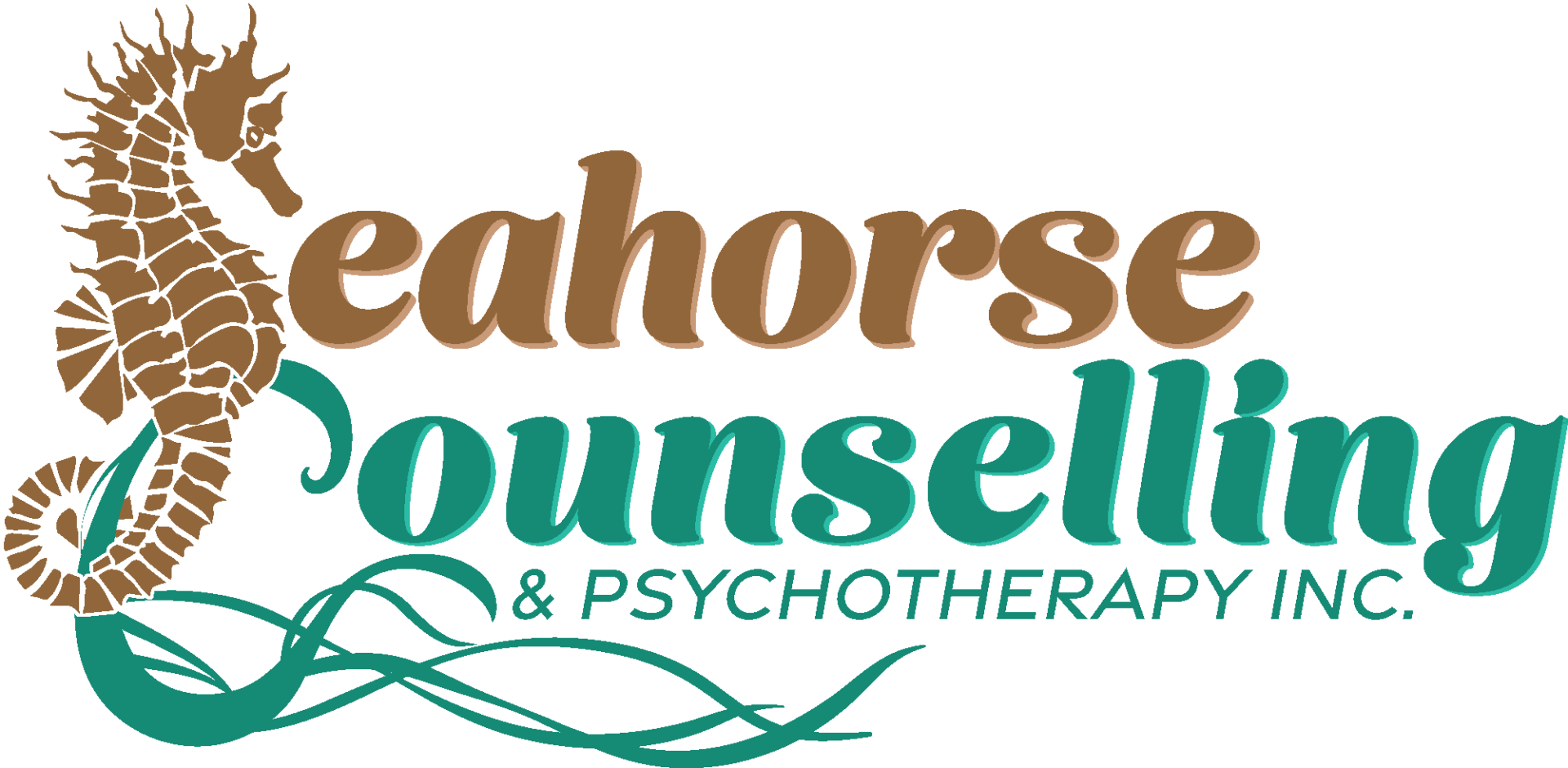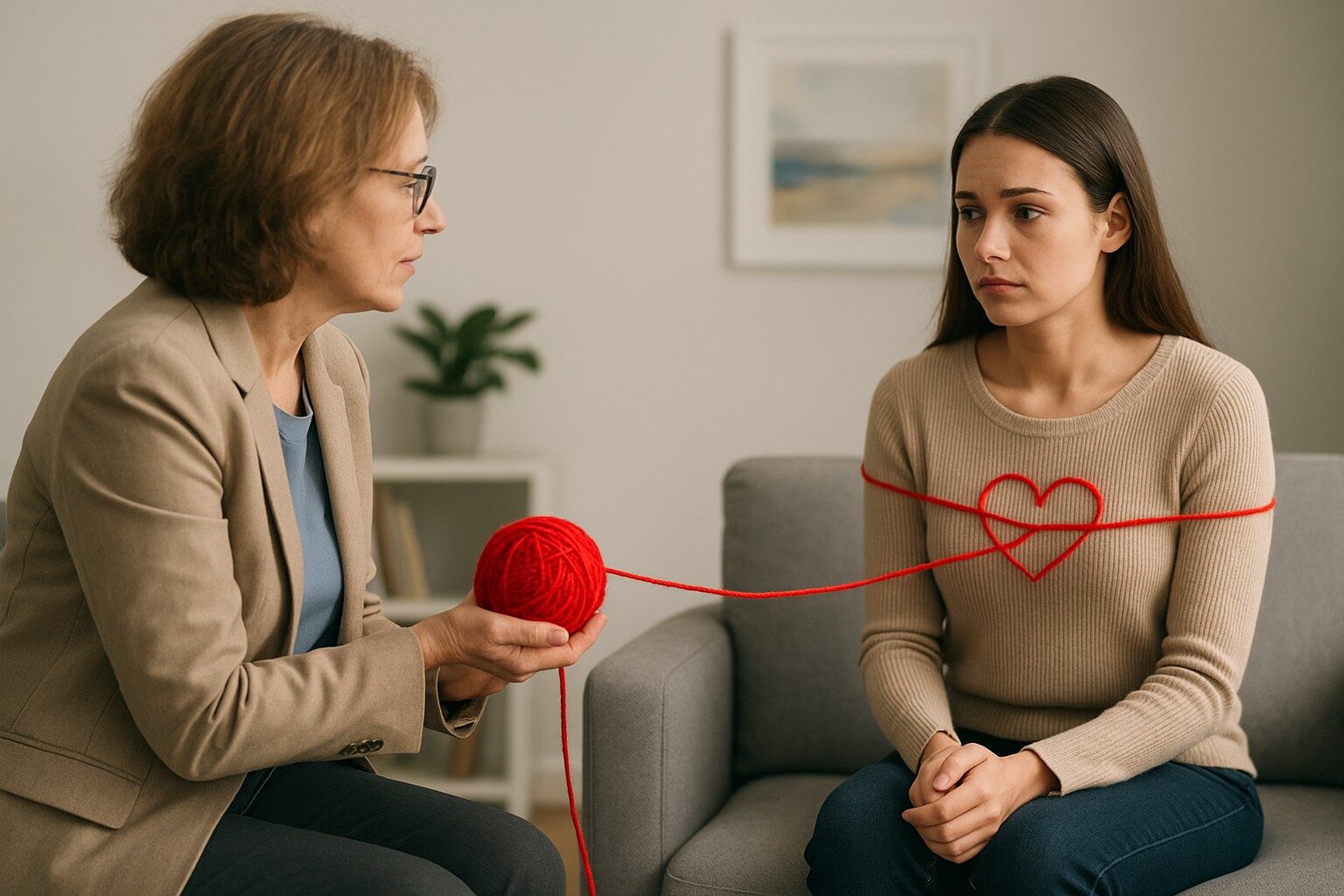Workshop September 27, 2025.
With Kate Pinsonneault
I’m excited to be offering a workshop on Practicing Attachment next month. My hope is that our time together will not only help you understand your own attachment style but also recognize that people with different attachment styles have different needs. These very different needs can sometimes clash. Recognizing attachment styles can help you to better understand your own needs and meet the needs of others to avoid conflict, improve communication, and create compassion and connection.
The Dynamic Maturation Model of Attachment and Adaptation, helps us to see that while we may develop certain attachment strategies when we are young, we also learn to adapt. You likely notice that in yourself or in others. We become different when we want to connect with a grandparent, a sibling, a teacher, a friend, our boss or our parent. We adapt to develop different ways of being with others to make that relationship work.
When we are very young, our survival depends on having an adult care for us. Infants intuitively know that they must develop a connection to the adult they depend on. To an infant, attachment bonding means survival. It is literally life and death for a baby.
Infancy is also the time when the human brain is rapidly creating the neural connections we will need throughout life. These patterns of attachment behaviour are getting hard-wired into our nervous system during the first 2 years. It is because of this neural wiring that we sometimes act impulsively or react in a way that can be confusing or even unwanted. They can create moments in which we said something we really didn’t mean, or reacted in a way that left us wondering- where did that come from, or worse, feeling shame or regret for reacting the way we did.
These ways of behaving often come from a deeply felt emotional response from our early childhood. Often, they come up when we are stressed or when an old wound that is unresolved gets triggered. These emotional responses often arise from childhood fears such as not being good enough, being abandoned or rejected, or fear of conflict.
This workshop will help you discover what is driving these emotional impulses, how they created safety for us as young children, and help you better understand your needs. We’ll also explore how there can be very opposing attachment styles and, when these people get together, how it can lead to misunderstandings, annoyance, frustration or conflict. You’ll learn to recognize attachment styles and know how to better meet others’ attachment needs so you can have a better relationship with those you find challenging at home or at work.
I hope you can join us for Practicing Attachment on Sept 27th. There will be a morning workshop from 9:30 -12:30 for everyone, and then the afternoon workshop for counsellors who’d like to learn to use attachment theory in their work with their clients.
The cost is $70 + GST ($73.50) per person or couple for the morning workshop, $120+GST ($126) for the full day, or $75+GST ($73.50) for the afternoon workshop. Please register by going to: https://seahorsecounselling.ca/for-counsellors-one-page/
I hope you will find this workshop informative, insightful and helpful. I look forward to seeing you on Sept 27th.
Warmly,
Kate





